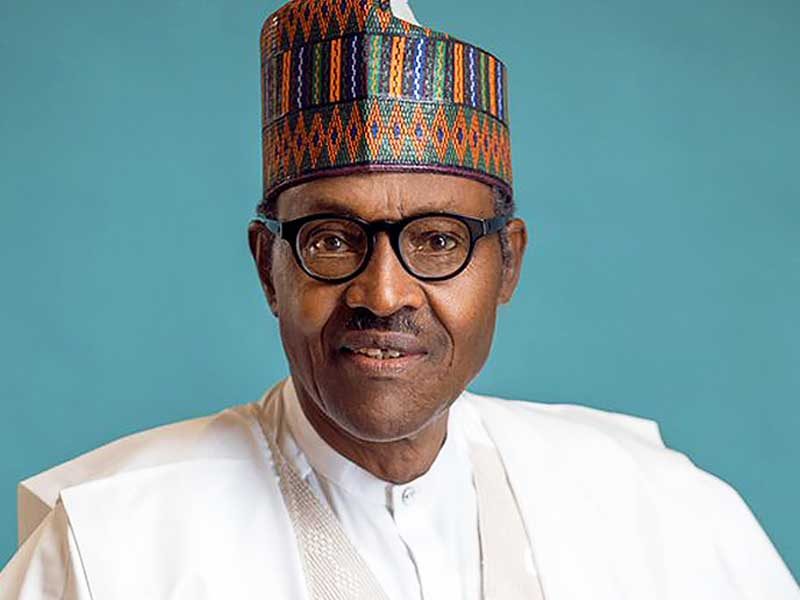By Okechukwu Nwanguma
Nelson Mandela—global icon, anti-apartheid hero, and South Africa’s first black president—was hospitalised and died in his home country.
He did not have to be flown abroad. He didn’t need to embark on costly medical tourism. He passed away in dignity on home soil, surrounded by a healthcare system his government had helped build and trust.
Contrast this with the Nigerian reality: our presidents and top public officials routinely jet out for medical care abroad, often for ailments that a functional domestic health system could treat. They go in secrecy and return—if they do—shrouded in even more secrecy. Some, sadly, are flown back as lifeless bodies—cleared through customs as cargo.
This shameful trend raises the inevitable question: why haven’t our leaders, despite decades in power and access to trillions of naira in public funds, built and maintained hospitals good enough to treat them? If former President Muhammadu Buhari—and those before him—had invested in Nigeria’s healthcare system, perhaps he would have trusted it enough to be treated here, just as Mandela did.
The real tragedy is that the failure of leadership in this regard not only affects them. It costs countless ordinary Nigerians their lives every day—people who cannot afford the luxury of foreign hospitals, who die in underfunded, understaffed, ill-equipped facilities.
Mandela’s final days were a lesson in humility, patriotism, and trust in public institutions. Nigerian leaders must take heed. Leadership is not about looting resources to secure private luxuries abroad. It is about building systems that work for everyone, including oneself.
To current and future leaders: invest in Nigeria. Build the kind of country you will be proud—and able—to live and die in. Let not your legacies be measured by foreign hospital receipts or air-freighted caskets.
Okechukwu Nwanguma, CEO, RULAAC



